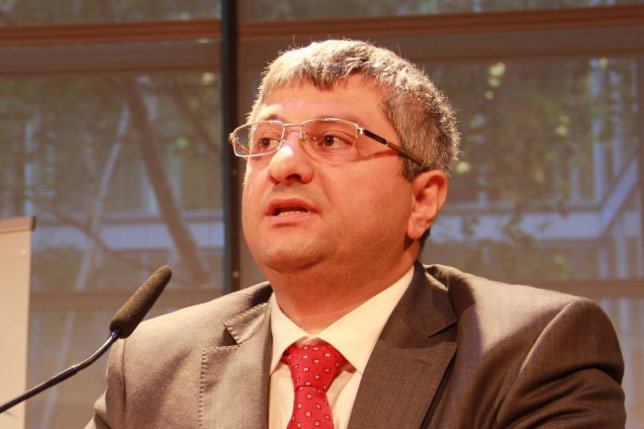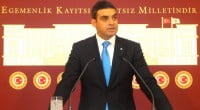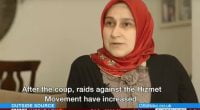Kurds, Turkey and growing with Öcalan’s help?

Date posted: July 27, 2013
Dr. Ihsan Yilmaz
Exactly one year ago, on July 27, 2012, the title of my column was “Zero problems with (Kurdish) neighbors?” At that time, I unequivocally stated that: “Instead of wasting our energies with myopic, nationalist, short-term electoral gains, our politicians must, as soon as possible, start a ‘zero problems with Kurds and Kurdish neighbors’ policy.
If the overwhelming majority of the Kurds in Turkey are satisfied with their democratic rights, then instead of being afraid of the Kurds in our neighboring countries gaining rights, we would start looking at the issue of Kurds in the Middle East as part of our strategic depth policy. I am not denying the possibility that granting more rights to the Kurds could pave the way for their eventual independence, but we must also see that not granting them these rights would make this outcome inevitable, given the conditions in the region. We must give up employing PKK [Kurdistan Workers’ Party] terrorism as a pretext for our nationalist policies. It is not rocket science to know that while handling the terrorist issue, the majority of Kurds who do not sympathize with the PKK could be treated as equal citizens.” Today, it is good to see that some of our officials have come to this point. Yet, I have some serious reservations and concerns.
Let me start with the domestic front. Unfortunately, Kurdish rights have not been granted yet. It seems that the government insists on using Kurdish rights as a bargaining chip against PKK terrorism. This is not only unjust, it is also inhumane. If we accept that our Kurdish citizens are entitled to some rights, why are these rights not recognized as soon as possible? Only a minority of Kurds approves of PKK terrorism, so the overwhelming majority has been penalized because of this minority. From a pragmatic point of view, if rights such as an education in Kurdish are recognized, even most of those who support PKK terrorism will stop supporting the PKK and pave the way for the eventual marginalization of PKK terror. I am fully aware that nationalists are hardly rational and many nationalist Kurds will continue to imagine an independent Kurdistan. Thus, even if all Kurdish cultural and linguistic rights are recognized by the state, many would continue to work for political arrangements. In this age, there is nothing we can stop these people from having these aspirations. All we can do is to make our Kurds as happy as possible and underline the advantages of Turkish-Kurdish unity and the drawbacks of a separation of Kurds from Turkey.
As far as the Kurds living in other countries are concerned, as Fethullah Gülen underscored in his Rudaw newspaper interview, Turkey should not only be interested in the well-being of Turks’ ethnic brothers in other countries but also Kurds’ and other ethnically non-Turkish citizens’ brothers and relatives all over the world. Thus, instead of seeing an autonomous Kurdish region in northern Syria as a threat, as I wrote here last year, we must be happy that our Kurdish relatives on the other side of the border will hopefully have better living standards and human rights.
Nevertheless, some writers who seem to be informed by some Turkish officials have been propagating the view that Turkey will grow with its Kurdish neighbors. One of them has even written “with Abdullah Öcalan’s help, Turkey will grow.” I am not sure what they have in mind, but if it is referring to some kind of neo-Ottomanist aspirations, this is not only just a sweet dream but may also provoke many, if not all, the regional and international actors. Instead of this empty, but very risky rhetoric, I would argue for a Turkish soft-power regional influence that highly respects national borders, values plurality in the region, upholds human rights and democracy and cherishes the linguistic, cultural and political rights of minorities in the region. I am aware that discouraging our officials from some suspected neo-Ittihadist adventurism might paint me as a less-Turkish person who does not have national honor. So be it. I am sorry, but Turkey is still a country that needs the Dutch Patriot missiles to protect its own border against Syrian President Bashar al-Assad’s probable air attack.
Source: Today's Zaman , 26 July 2013
Tags: Kurdish Issue | Turkey |
























